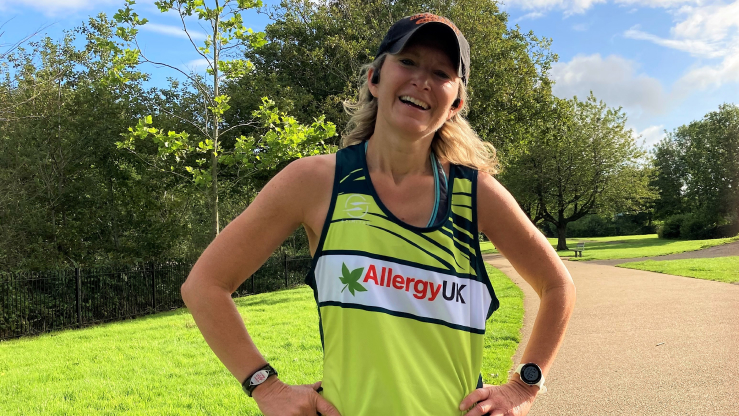
Travelling with an allergy
On this page you will find information about travelling abroad with an allergy, airline polices for customers with allergies and top tips for holidays, from booking and packing to eating out while you’re there.
 Socialising, Travel and Festivals | Allergy UK | National Charity
Socialising, Travel and Festivals | Allergy UK | National Charity
Information and advice for a parent or carer of a child living with allergy
Eating out with friends will become more common as these years go by. If your child lives with a food allergy, it’s important that they’re confident and able to make informed, safe choices when ordering food.
If they have severe food allergies, stress the importance that they must always have two adrenaline auto-injectors with them, especially when eating, and any other rescue medication they may need e.g. blue inhaler etc. Suggest that it would be good if at least one person they’re eating with is aware of their allergies, how to use their adrenaline auto-injector and, knows what to do if they have a severe allergic reaction.
Travelling abroad and across the UK is a fantastic way to educate your child and broaden their minds. It’s important that their allergies do not prevent them from living these wonderful experiences.
Remind them that trigger allergens can be different across the world and throughout the UK e.g. pollen allergy, hay fever seasons differ across Europe and even across regions of the UK. While travelling to new environments, they may be exposed to unexpected allergy triggers, which may exacerbate their allergies. Air conditioning on transport may also expose them to unexpected allergy triggers.
Attending events with their friends, without adult supervision, may become a popular way to enjoy evenings and weekends. These tips can help you prepare your child for attending these events and staying safe.
If your child carries medication, ensure they know the medication should be carried with them at all times. It’s handy to have medication labelled where possible e.g., keep in original box or reapply pharmacy sticky labels to inhalers.
Sanofi UK has provided a financial contribution to the production of this digital destination but has had no editorial input into the design, content or other outputs.
It is important to Allergy UK that we can engage with all people that are affected by allergic disease
Join our mailing list



